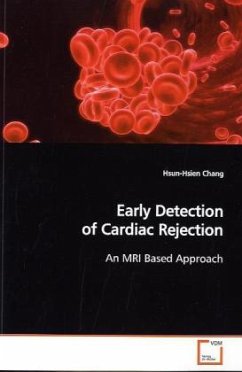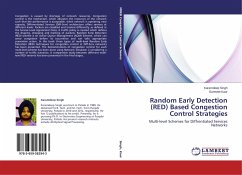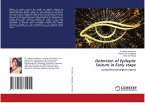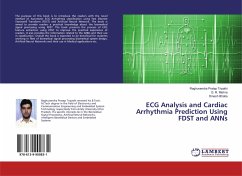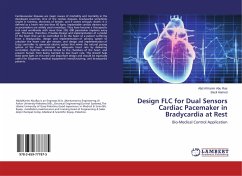Heart transplantation is the preferred treatment for
patients suffering from end-stage cardiac diseases.
Early detection of acute rejection is central to
saving heart transplants and lasting the patients'
lives. Since rejection in early stage occurs
locally, traditional methods such as
electrocardiogram and biopsy fail to localize
regional myocardial rejection in early stage. In
contrast, MRI holds the promise to unveil the
volumetric functional landscape in the heart. Among
many MRI protocols, tagged MRI can assist cardiac
motion tracking, and contrast-enhanced MRI can help
localize immune cells infiltrating abnormal
myocardial tissues. The book starts with the
fundamental principles of MRI protocols, followed by
the state-of-the-art MR image processing techniques
that can detect regional functional loss in early
stage.
patients suffering from end-stage cardiac diseases.
Early detection of acute rejection is central to
saving heart transplants and lasting the patients'
lives. Since rejection in early stage occurs
locally, traditional methods such as
electrocardiogram and biopsy fail to localize
regional myocardial rejection in early stage. In
contrast, MRI holds the promise to unveil the
volumetric functional landscape in the heart. Among
many MRI protocols, tagged MRI can assist cardiac
motion tracking, and contrast-enhanced MRI can help
localize immune cells infiltrating abnormal
myocardial tissues. The book starts with the
fundamental principles of MRI protocols, followed by
the state-of-the-art MR image processing techniques
that can detect regional functional loss in early
stage.

